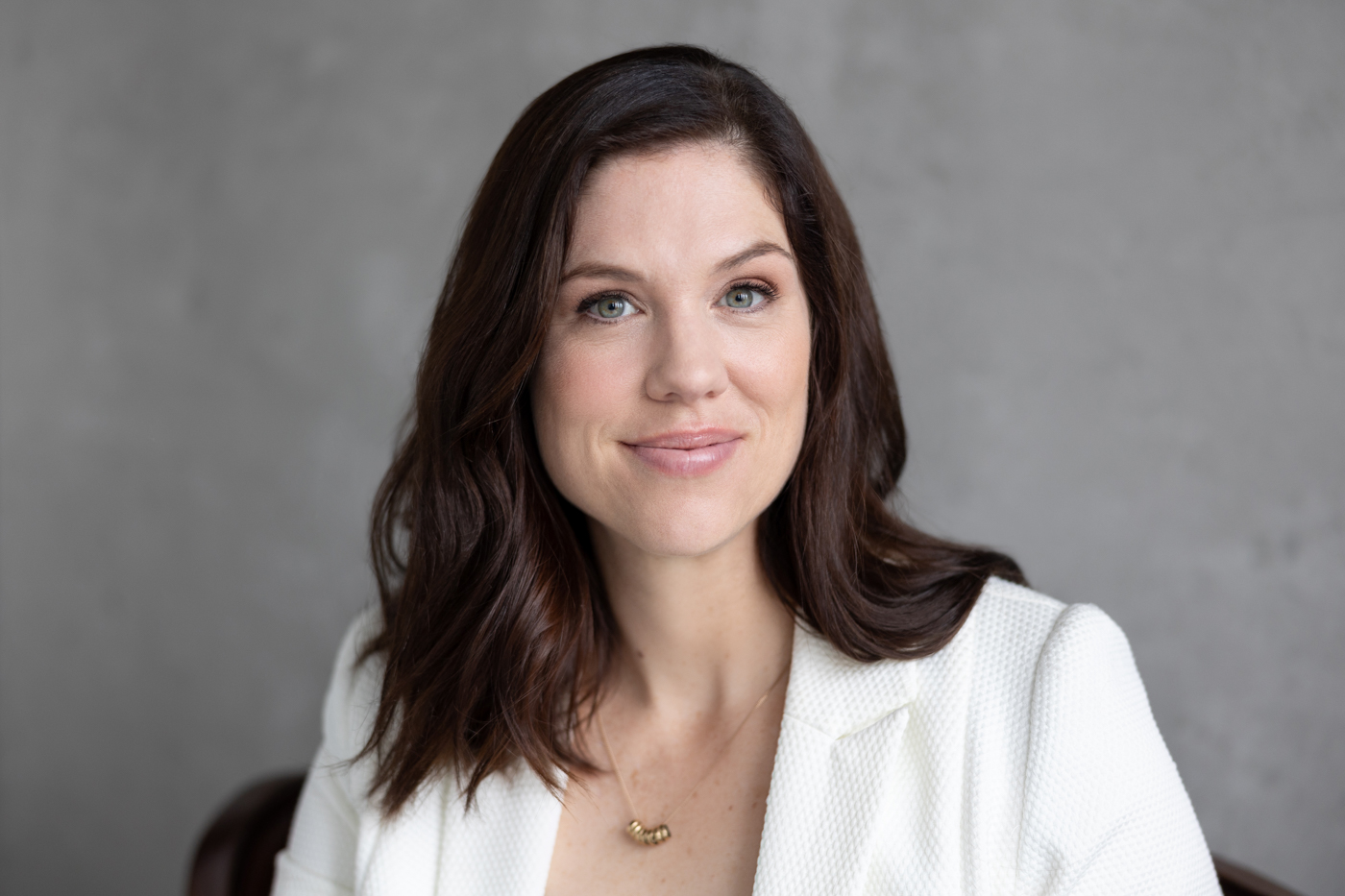Editorial note: Forbes Advisor Australia may earn revenue from this story in the manner disclosed here. Read our advice disclaimer here.
Table of Contents
Saving money in 2024 is harder for most people than it was in the past, requiring a bit of extra planning and determination.
Australia is emerging from the fastest and largest interest rate increase cycle on record, with the Reserve Bank of Australia increasing rates 13 times over the past 18 months to 4.35%. And with inflation proving sticky—coming in at 5.4% for the September quarter—there is talk of another rate hike on the horizon.
“People are running out of spare capacity and are finding it pretty scary,” says Andrew Woodward, the founder of The Investor’s Way said earlier this year.
The cost of food, energy and other necessities means many people struggling with the double-whammy of increased housing costs (be it a mortgage or rental) coupled with hikes in the prices of services and goods. This hurts low-income households the most because they typically have less in savings. In fact, recent research by Roy Morgan conducted in February and August of this year showed that “younger adults, singles, single parents, the unemployed, and those with high levels of mental distress continue to report high levels of (food and housing) insecurity”.
In many groups, the report notes, at least 20% of those surveyed report struggling to put food on the table and afford housing. Having a safety net of funds can mean the difference between managing the situation relatively calmly and facing a crisis that profoundly alters day-to-day living.
“Generally speaking, the Covid-19 pandemic made many people spend their money a bit mindlessly, because we weren’t going out a lot,” says Shivani Gopal, finance expert and founder of the ELLADEX app.
“And now everything is creeping up on us. Late last year, I had a family member get sick and we were in a position where we had to drop everything and get three airfares in 24 hours. It was a relief to be able to access money I needed,” says Gopal.
Here is some expert advice on ways to save money under challenging economic conditions.
Reduce Your Debts
The first step is to work out what you owe and create a plan that involves allocating a portion of your income to reducing your debts. Automated, regular payments will help prevent overspending in other areas.
“I recommend going from the smallest to the largest debt,” says Woodward. “Once the smallest debt has been paid off, focus on the next one. If you try to tackle your largest debt first and it takes a long time to get rid of it, while you’ve still got all those other debts, it is easy to succumb to overwhelm.”
Once the smallest debt has been paid off, focus on the next one
In his experience, being able to clear a debt as quickly as possible increases the likelihood of sticking with the plan.
“Mathematically, it makes sense to focus on the debt with the highest interest rate, but the reality is that most people give up if they don’t build momentum,” says Woodward. “I’m willing to sacrifice a little bit of extra interest to get rid of some debts quickly and get the right mindset in place.”
And wherever possible, roll your debts into one with a lower or zero interest rate that is provided for a fixed period. This is known as a balance transfer card.
Reduce Your Spending
Switch from credit to debit cards
Woodward recommends cancelling credit cards as a quick way to stop yourself from overspending.
“It is far better to spend your own money and not somebody else’s,” he says.
He dismisses the benefits of the reward programs that are often attached to credit cards.
“Those rewards are pretty useless in the scheme of things. Work out how much you’ve got to spend on those credit cards to actually get the reward. It is certainly not a reward that is worth chasing.”
Break Bad Spending Habits
When it comes to changing any bad habit, understanding your emotional triggers is critical. Many people underestimate the power of psychology on spending habits.
“Understand the triggers that are contributing to your spending habits,” says Gopal. “Sometimes it is a desire to keep up with the Joneses (or the Kardashians, as they say now). But doing that is burning a red-hot hole in your bank account.”
Other common triggers for spending include boredom—or simply feeling cashed up on pay day. Be aware that the dopamine hit from purchasing something is fleeting and requires regular purchases. Imagine getting the dopamine hit from seeing your savings grow instead.
Automate and Lock It Away
The most effective way to save is by automating funds to leave your account on pay day—that way it cannot go astray. The more difficult those savings are to retrieve, the better, says Gopal.
“Lock it off from yourself. Don’t have it available on your phone banking app—it’s too easy to access.”
She says that some people remove their savings account from all online banking portals, so that the only way to find out the balance is by phoning up the bank.
“That way, you’ve got a nest egg growing but it’s out of sight and out of mind and you’re not going to accidentally spend it on something.”
Create One Positive Money Habit
People who overspend often have a sense of shame—but eliminating the negative emotions will spur greater change, says Gopal.
Do one simple thing that reinforces responsible spending, such as buying certain products in bulk each week. This will give you momentum, and you will start to feel good and derive a dopamine hit from taking positive action, which is reinforcing.
Find Ways to Save
Create a Budget
Create a budget that factors in all regular outgoing costs. Don’t forget to calculate an amount to spend on discretionary things for yourself.
“Otherwise, it will be like a crash diet: it won’t be realistic and you’ll fall off the saving wagon pretty soon,” says Gopal.
The clarity of knowing where your money needs to go can be a game changer for accumulating savings.
“If you have a budget, you will understand immediately where your money should be going, but also where it is going right now,” says Gopal. “That helps you to get ahead of any chance to start overspending.”
Get a Better Deal
Contact your bank, electricity provider, health insurance provider, and mobile phone provider, and ask them for a better deal. If they can’t give it to you, find a company that will. Woodward suggests doing this every six months.
Delay Gratification
Before buying any discretionary item, Gopal recommends delaying the purchase by at least 24 hours. Think about whether you really need it. Some people even have a ‘support person’ whom they talk to before making a potential purchase.
Frequently Asked Questions (FAQs)
How much money should I save?
As a general rule, Australian finance expert Shivani Gopal recommends saving 20% of your salary. But it isn’t always possible. The main thing is simply to start somewhere and to make it regular.
“Eventually you will have a savings bucket that is equivalent to three month’s of your salary which is a really good rainy day bucket to have,” says Gopal.
If you have an end-goal for your savings that is in addition to an emergency fund, such as a house deposit or a trip abroad, it can provide extra motivation.
How to save money on the electricity bill?
There are a range of things you can do to save money on your electricity bill, and the first port of call should be a government website. If you’re based in Victoria, you can visit Compare Energy to see how you can save. If you’re located outside of Victoria, then head to energymadeeasy.com.au, an independent site that is operated by the Federal Government’s Australian Energy Regulator. You can also read more in our guide to handling the shock heating bills.
How to save money from my salary?
One of the easiest ways to save money from your weekly or monthly salary is to arrange a direct debit with your bank so that a certain portion of your income is immediately transferred on your pay day to a high-interest savings account.
How can I save money fast in 2024?
The fastest way to save money is to drastically cut your spending. You can do this by cancelling subscriptions or expensive memberships you no longer use; cutting back on discretionary spending, such as restaurants and luxury items; and making sure you’re on the cheapest insurance and utility plans.
What is the 30-day rule?
The 30-day savings rule refers to the habit of waiting at least 30 days before purchasing a desired item rather than chasing the sugar hit of an instant buy. Savings lore says that if you still want the item after 30 days, then you probably really do want it and it you’re unlikely to regret purchasing it.


